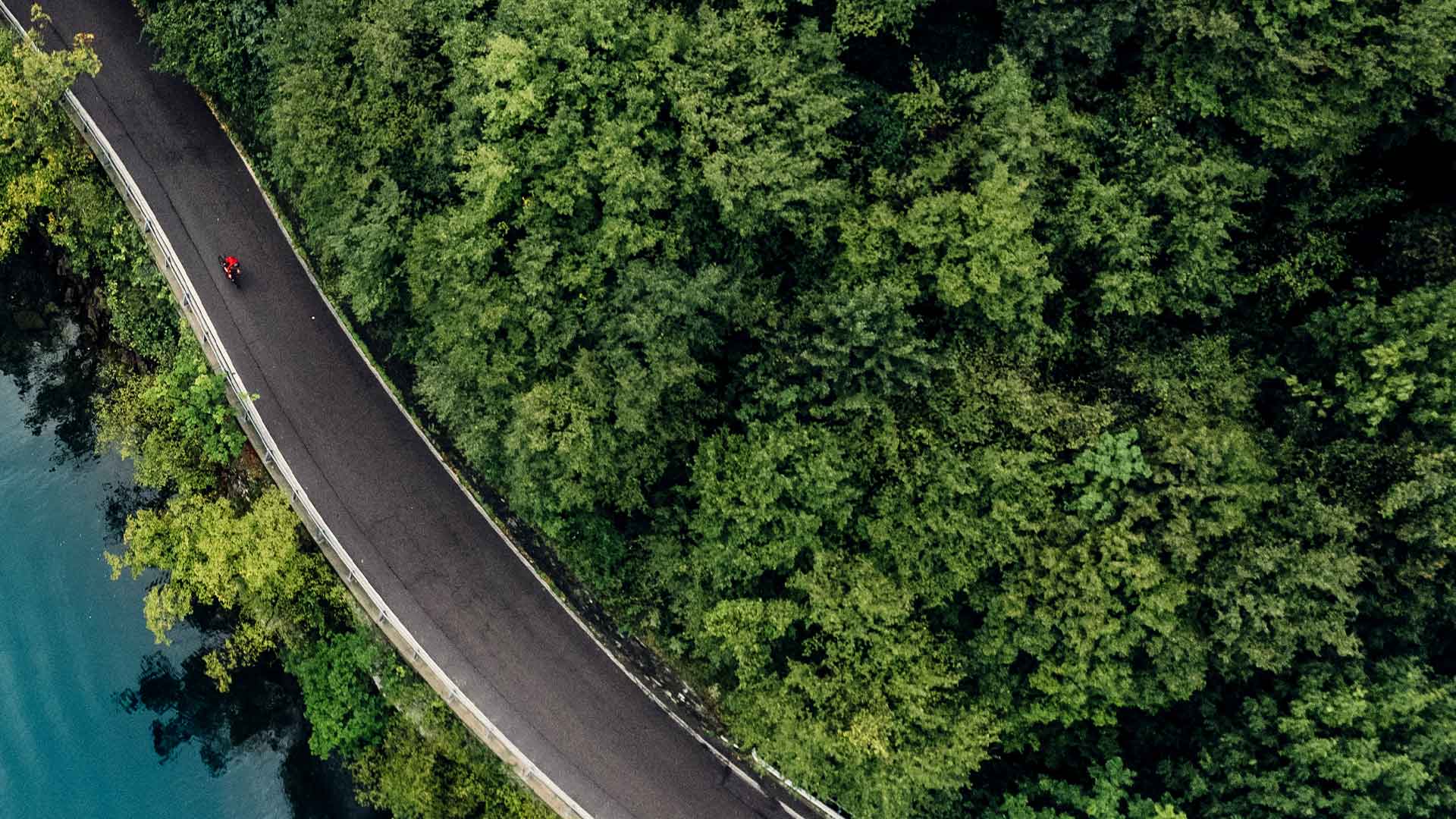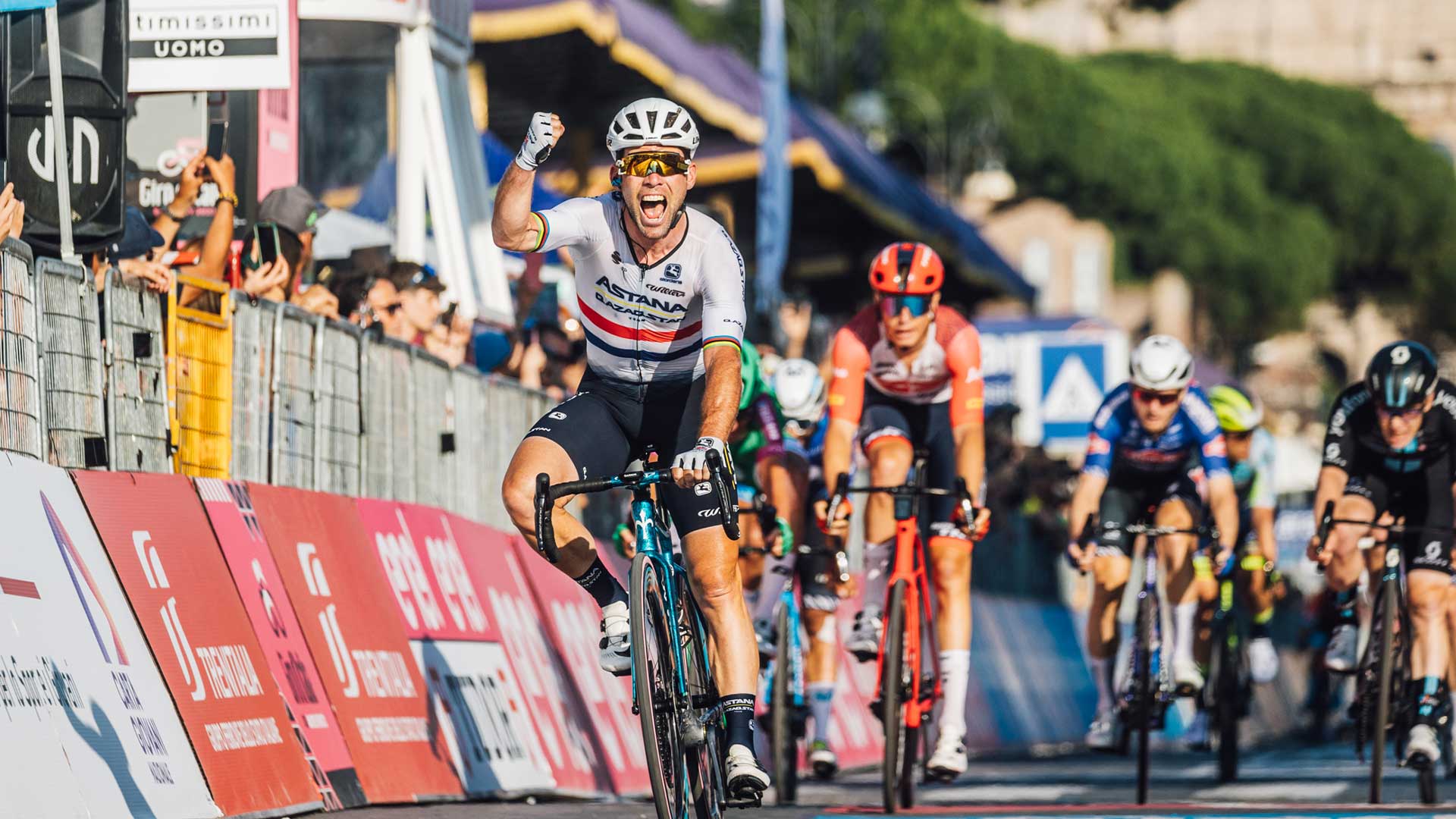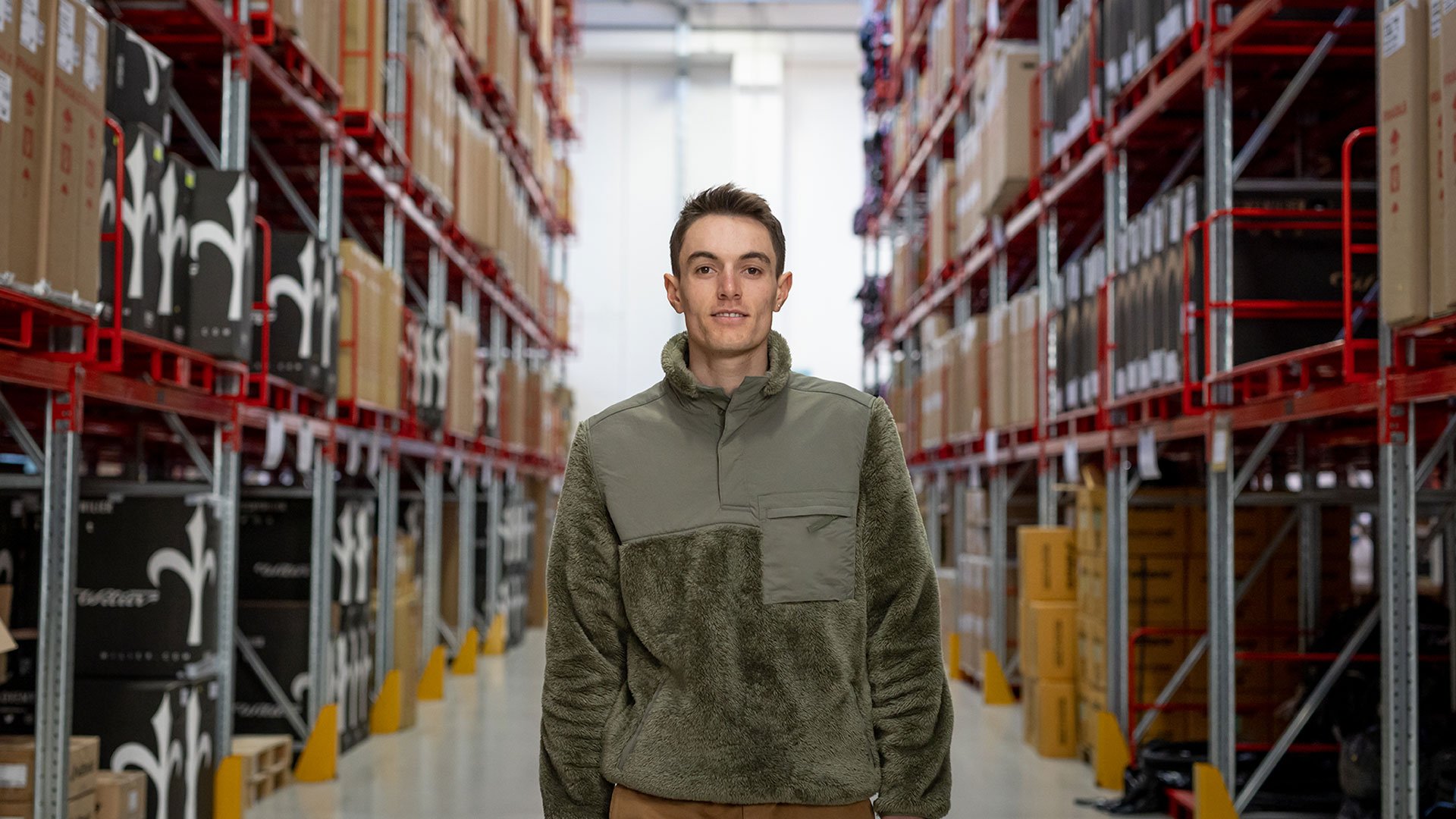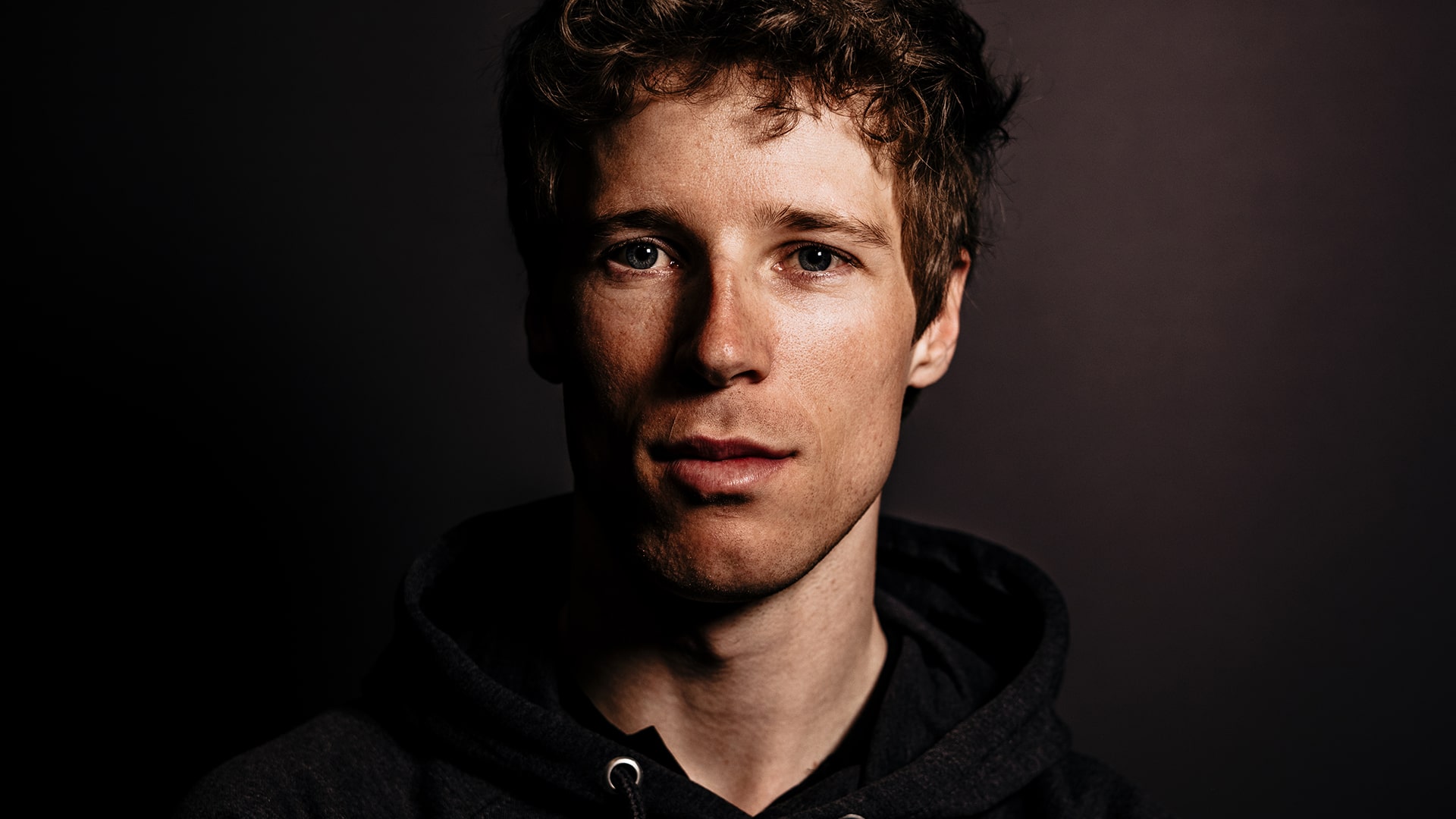Growing Pains
The public appears to have enthusiastically embraced the slogan “The bicycle: the medicine of the future”. The clearest evidence of this new interest is an across-the-board increase in bicycle and bicycle component sales, highlighting how the pandemic has truly triggered a change in people’s modus vivendi, as they rediscover sport.
However, the spike in sales has led to a concomitant (and unexpected) increase in difficulties meeting customer demand quickly.
Enrico Gastaldello, CEO and Sales Manager of Wilier Triestina, explains: “We are obviously very happy with the surge in bicycle sales, which reflects a state of mind that we also share. But the unexpectedly strong increase caused difficulties that we’re still working to resolve today. Over the years, we had forecast a certain growth trend, and had adjusted our production and distribution structure accordingly. And while we did expect higher sales in 2020, the consequences of what happened and the sudden awareness that a change in lifestyle was the best response to the pandemic triggered a spike in demand that we were able to satisfy only in part, even paying the economic price of surprise and unpreparedness. This is because the exceptional pressure on raw materials and, consequently, on the production of bicycle components prevented us from responding rapidly to the surge in demand, which made it impossible to ensure a timely supply of our bicycles at points of sale.”
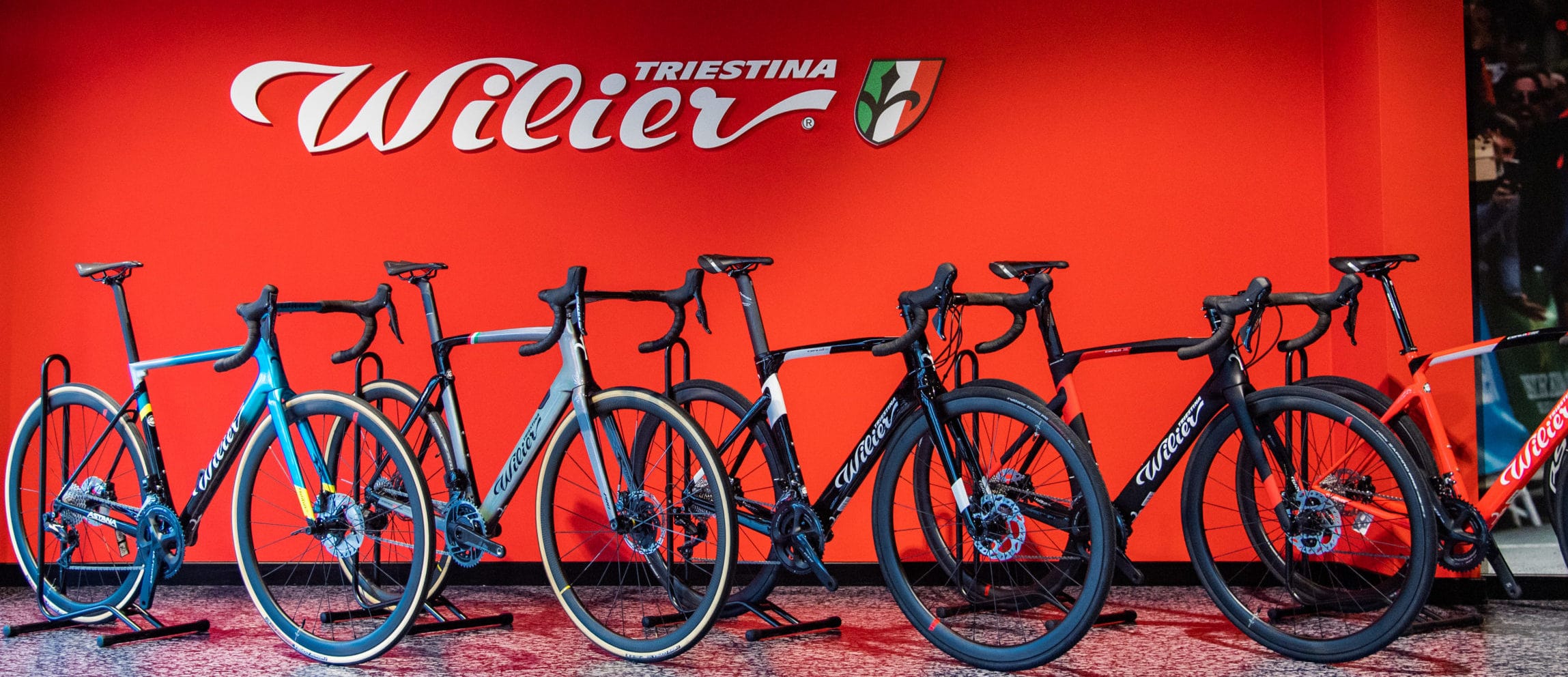
In this regard, Michele Gastaldello, CEO and production manager, offers an interesting point of view.
“You can’t compare the production cycle of a high-end bicycle with that of a standardised good. To avoid disappointing consumers’ expectations concerning our bicycles, our process must be constantly subjected to product checks and controls. This means that our times and methods are sustainable for a certain number of bicycles, taking into account an expected increase in demand based on historical trends.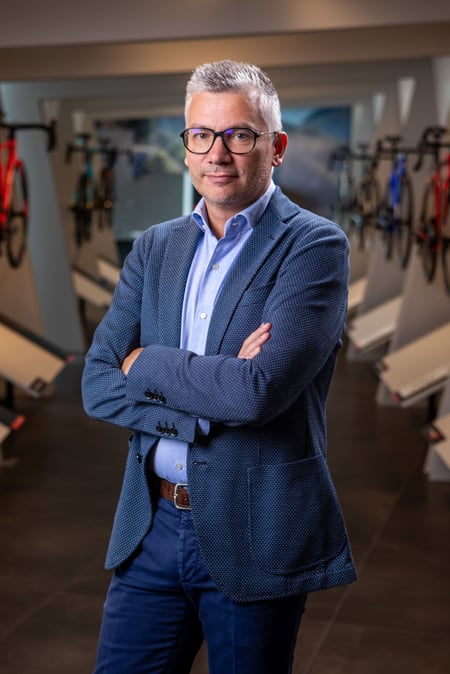
Related stories
Let the journey begin
Mark Cavendish and his last 250 metres of the Giro d’Italia
Cycle The World. The short film about everything a bike can give is also a tribute to International Women's Day 2023
Simone Avondetto and Wilier Triestina: growing together
Q&a with Ivar Slik, new gravel pro rider
Newsletter
Fill in the form below for updates on all that's new in the Wilier Triestina world, with plenty of content: product news, technical insights, professional teams, fairs and events, ambassadors, promotions and offers, all arriving in your email box. And if you no longer want to receive news from us, you can unsubscribe at any time.


